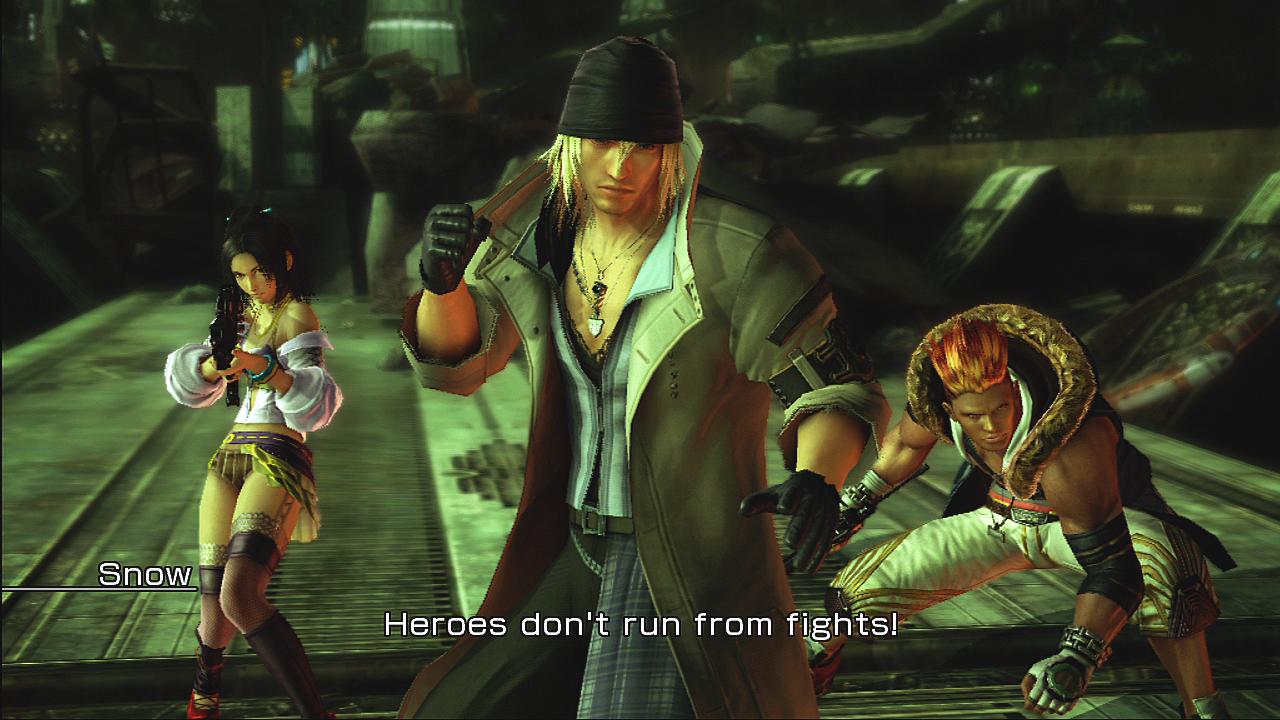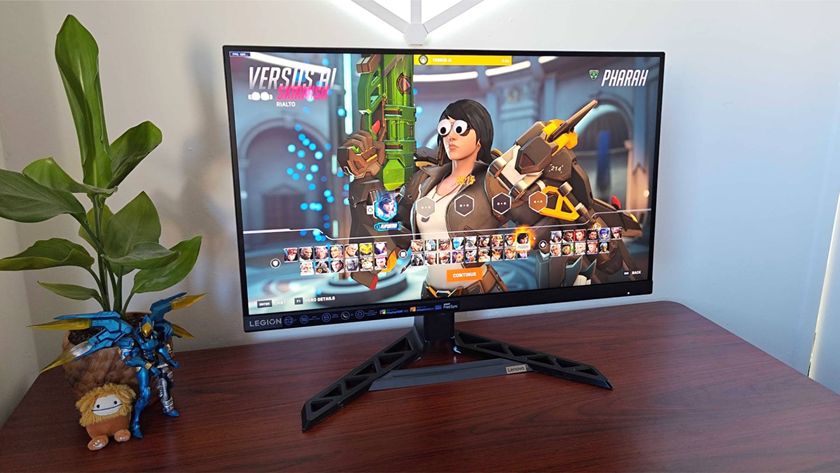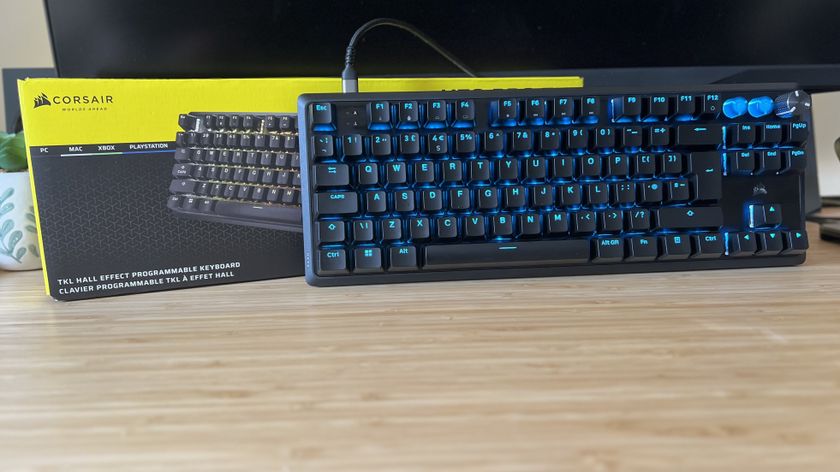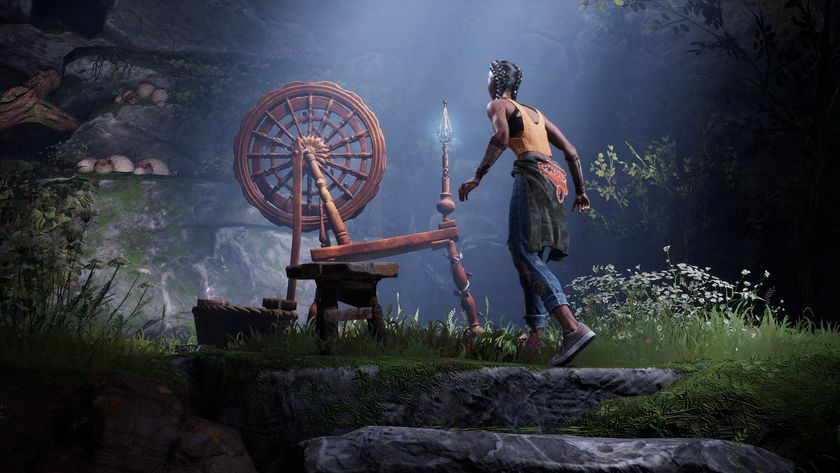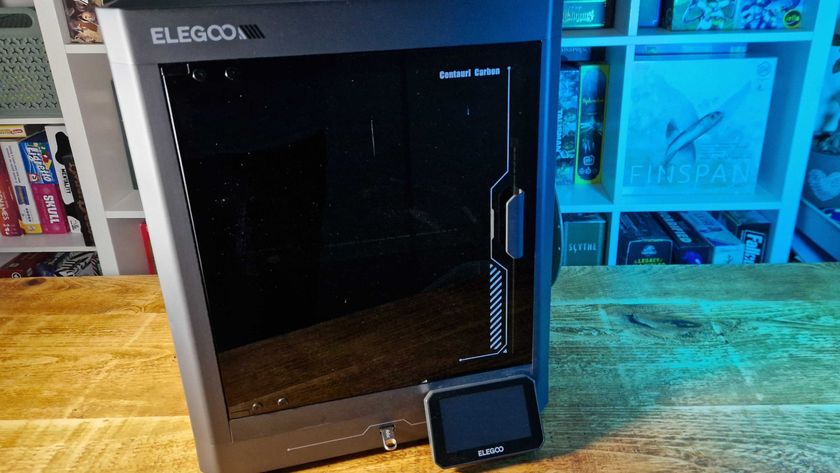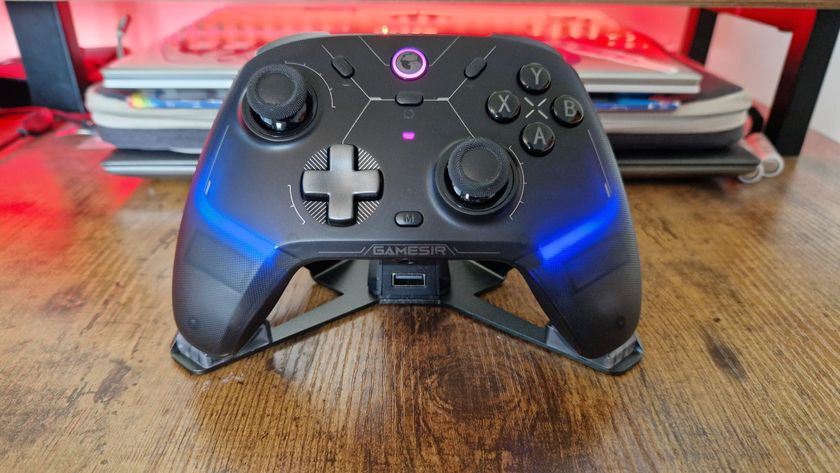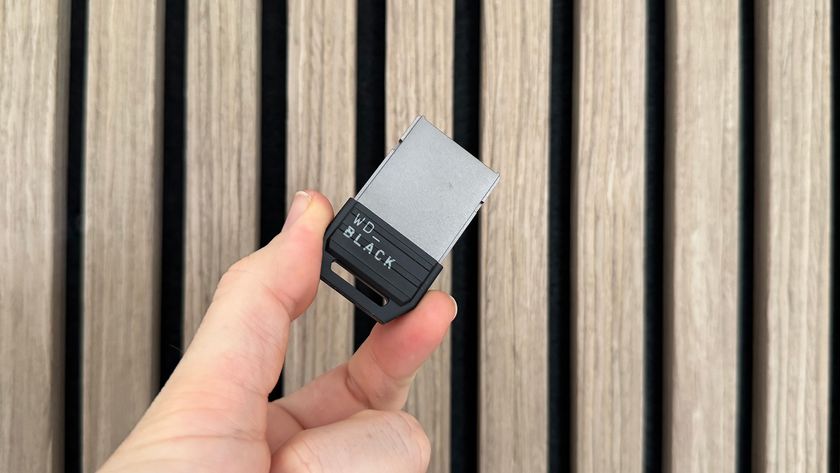Why you can trust 12DOVE
The Paradigm system is a great middle ground solution, because it allows you to command every member of your party (albeit not directly) while still keeping the battles fast-paced. Each party member can specialize inseveral of six roles: Commandos and Ravagers attack, Medics heal, Synergists buff the party with status boosts, Saboteurs buff the enemy with status afflictions, and Sentinels defend.
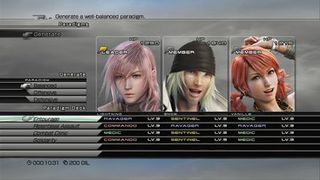
A Paradigm is a set of roles for the three active party members that determines how each character functions in battle. Each role is extremely specific in what it can do – Medics can only provide healing and Commandos can only attack, nothing else.
During battle you always have anactive Paradigm in place, which you can changewhenever you'd likeby hitting L1/LB to bring up your Paradigm deck. Building a Paradigm deck with a variety of offensive and defensive Paradigms allows you to respond strategically to dynamic battle conditions.
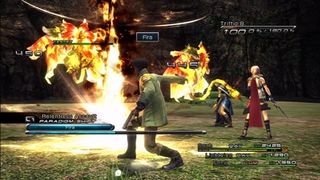
Above: Charactersautomatically perform actionsonce theirATB gauge fills, and each action has a specific ATB cost (Fira, for example, costs two ATB segments)
For weaker enemies, it's oftensmartest just to go in guns blazing with Commandos and Ravagers. Tougher enemies and bosses require careful strategy though, like beginning with a Synergist and Saboteur to buff buff buff and then quickly switching back and forth among offense, defense, and balanced party formations. Bosses get incredibly tough toward the end of the game (and on the higher ranking side missions), so it's often necessary to try out a few different approaches (and inevitably die a few times) before you find a successful approach.
Each role has a secondary attribute to consider as wellthat affects the whole team. For example, having a Commando in your active Paradigm boosts everyone's attack stat, while a Medic lowers the team's attack but boosts healing. In this way, the system nudges you to take calculated risks as much as possible rather than always playing it safe. Fighting aggressively can earn decisive victories, but if you're not careful could also lead to needless KOs. And if you're too conservative, you'll end up drawing out a battle for long minutes that could have been won in mere seconds.
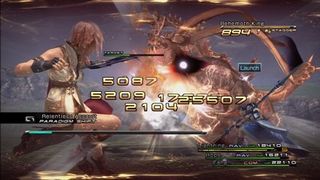
Above: When an enemy's stagger gauge fills, it will takemassive damage for a brief period. Ravagers fill the stagger gauge faster, but Commandos deal more damage
You only directly control the team leader, who also has access to items (which can be used anytime for no ATB cost), as well as techniques and summons, which both use Technical Points (acquired by earning high rankings at the end of each battle).
Summons
The summon system falters a bit despite having some cool ideas and two brand-new summons (called Eidolons in FFXIII). The main detraction is that each party member can only summon his or her own Eidolon, and only the leader can summon, so if you want to see all six Eidolons you'll have to be vigilant about switching upyour party leader often (which also means rearranging your Paradigm deck for each party formation). This can be problematic, because there's no practical purpose for messing with your team that much other than to see all the Eidolons. After awhile you'll probably decide not to bother with summons at all, especially since they're not powerful enough to really be essential in battle.
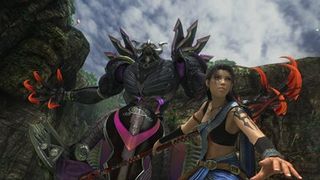
Above: Fang is the lucky wielder of the fearsome Bahamut
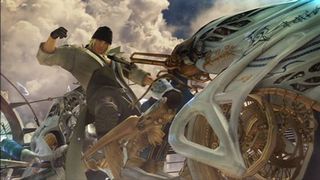
Above: Shiva appears as twosisters, Styria andNix. They join together to form a motorcycle in Gestalt mode
On the plus side, each Eidolon is kind of like a two-for-one deal, since they all have two forms: a standalone form, where they attack autonomously alongside the summoner, and a Gestalt form, where the summoner literally rides the Eidolon and they attack together.
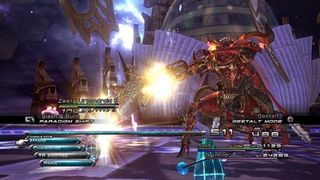
Above: Sazh's Eidolon, Brynhildr, is new to the series. She uses fire attacks and haslovely heels
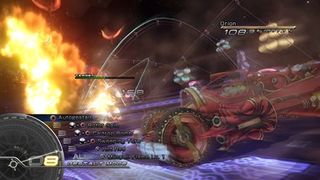
Above: Byrnhildr in racecarGestalt form
More info
| Genre | Role Playing |
| UK censor rating | "16+","16+" |
| Franchise name | Final Fantasy |
| US censor rating | "Teen","Teen" |
| Platform | "Xbox 360","PS3" |
| Alternative names | "Final Fantasy 13","FFXIII","FF13" |
| UK franchise name | Final Fantasy |
| Description | The streamlined, focused structure eliminates potential tedium without dumbing anything down, and the battle system strikes an elegant balance between strategy and fast-paced action. Stunningly beautiful graphics and a pervasively meticulous level of polish throughout only add to the experience. |
| Release date | 1 January 1970 (US), 1 January 1970 (UK) |

Chris Pratt jokingly addresses his absence from Avengers: Doomsday casting announcement
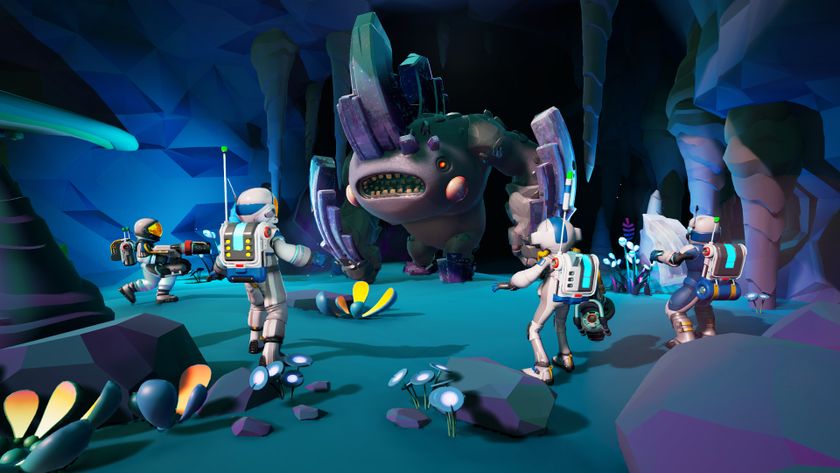
Switch 2 is getting an even more co-op-focused spinoff of a massively popular survival space sim, but it's not replacing the original: "Astroneer will continue to live on"
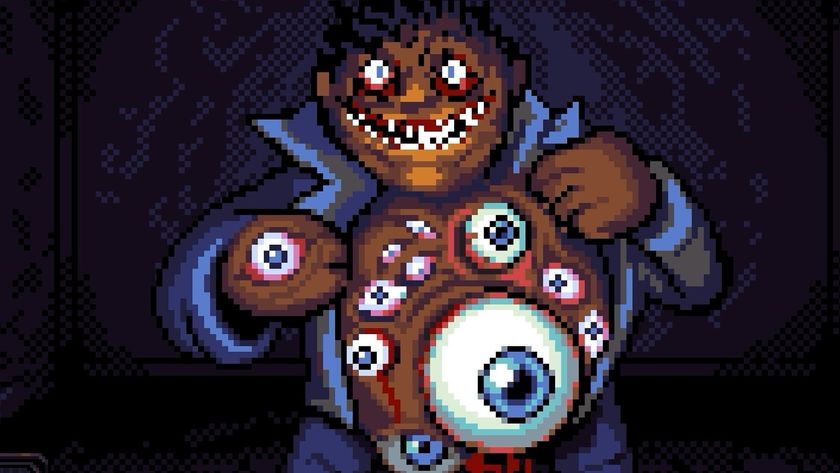
Forget $80 games, this $10 indie RPG is being hailed as "one of the best if not the best" cosmic horror games ever, and thank Cthulhu, it only takes "10-12 hours" to beat

